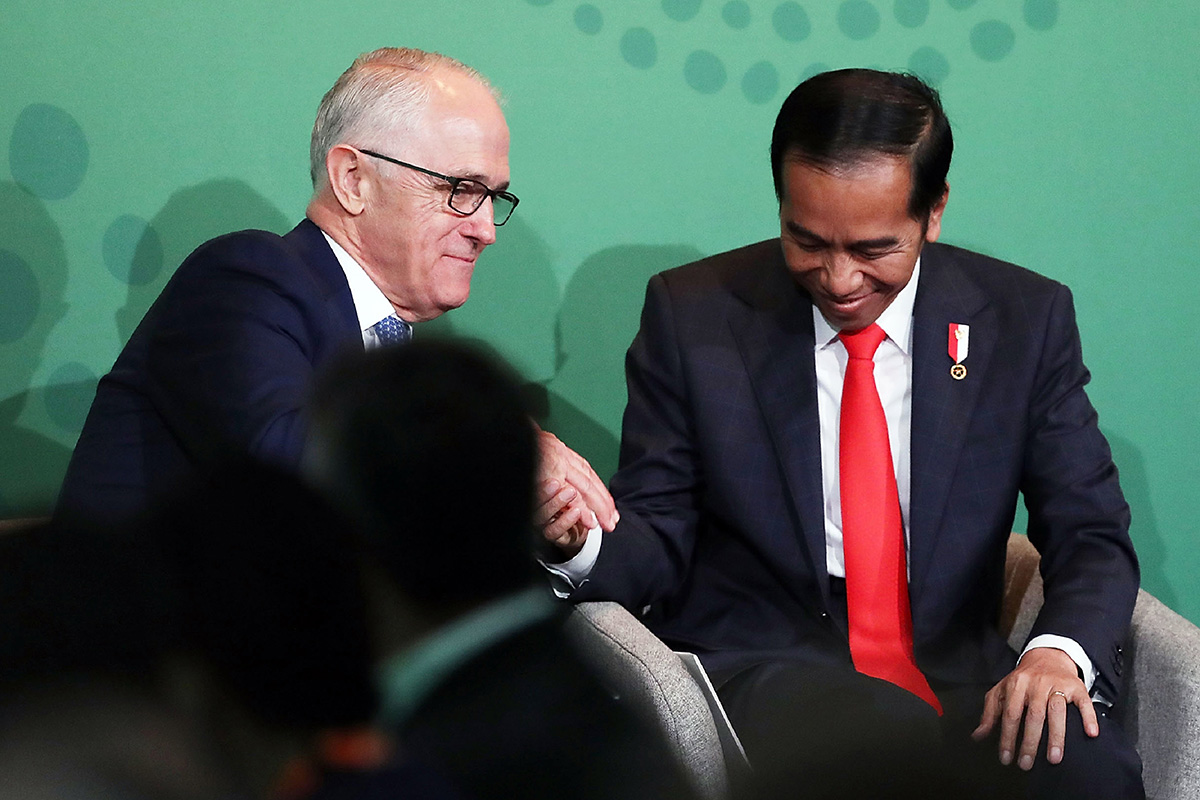Australia’s recent maritime border treaty with Timor-Leste could open a new can of worms for Australia as Indonesia may use Timor-Leste’s recent victory at The Hague to renegotiate Indonesian-Australian maritime boundaries.
Last month saw Timor-Leste and Australia finally reaching an agreement over the maritime border between the two nations following a 15-year dispute. Timor-Leste and Australia signed a historic treaty which would see them agree on a permanent border in the Timor Sea at the United Nations (UN) headquarters.
While the exact details of the treaty have yet to be released to the public, it is believed that the agreement will outline a new border between Timor-Leste and Australia. Aside from that, the agreement will also determine the ownership and share of the rich oil and gas reserves in the Timor Sea. This includes the much sought after Greater Sunrise oil fields. The Greater Sunrise oil reserves are largely untapped and is reported to have oil worth up to US$53 billion.
Under the previous maritime border established between Timor-Leste and Australia in 2006, the two nations agreed that profits from Greater Sunrise would be divided equally between the two countries. However, Timor-Leste believes that Australia is getting more than its fair share, hence the decision to present its case to the The Hague.

With Timor-Leste setting the precedent, Indonesia could soon bring up its own grievances over its maritime border with Australia. Some have pointed out that the current border between the two countries is “outdated” and “unfair” to Indonesia.
In 1971 and 1972, Indonesia and Australia agreed to four treaties (however, one of these isn’t ratified) which would determine the boundaries between the two countries in the Arafura and Timor Sea. The treaty established by Australia and Indonesia back then was based on the concept of the continental shelf – the underwater land mass which extends from a continent. Australia’s claims that its continental shelf stretches to the Timor Trough resulted in it gaining more territory, resulting in greater access to petroleum resources.
Currently, maritime law has moved away from using the continental shelf to determine a nation’s territory.
Using the continental shelf as a means to gain territory in the seas is now seen as outdated as it usually favours the more “advanced” and dominant nation at the negotiating table. Which is why many now refer to the United Nations Convention on the Law of the Sea (UNCLOS).
If Indonesia were to take Australia to The Hague, they would have a very strong case. According to the UNCLOS, “…where the coasts of two states are opposite or adjacent to each other, neither of the two states is entitled to extend its territorial sea beyond the median line."
If a new border between the two countries were to be redrawn and based on the UNCLOS, Indonesia would gain the majority of the territory where the Greater Sunrise fields are.
Aside from its claims to the Greater Sunshine fields, Indonesia also claims that the islands of Ashmore and Cartier belong to it. At the moment, both these islands fall under Australia’s territory according to the 1972 treaty. However, if the border is redrawn to the median line between the two nations, then it would make these two islands part of Indonesia.
Whether Indonesia will take Australia to The Hague is still unclear. What is clear though is Indonesia’s entitlement to the territory. Most of the border agreements that were established were agreed upon when there were clear power imbalances between Western countries and Asian countries. Furthermore, when Indonesia’s treaty with Australia was signed, proper institutions to oversee such treaties were still being developed.
Resources in the ocean should not be disputed to serve only a specific country’s interests but should ideally be shared among the surrounding countries.
